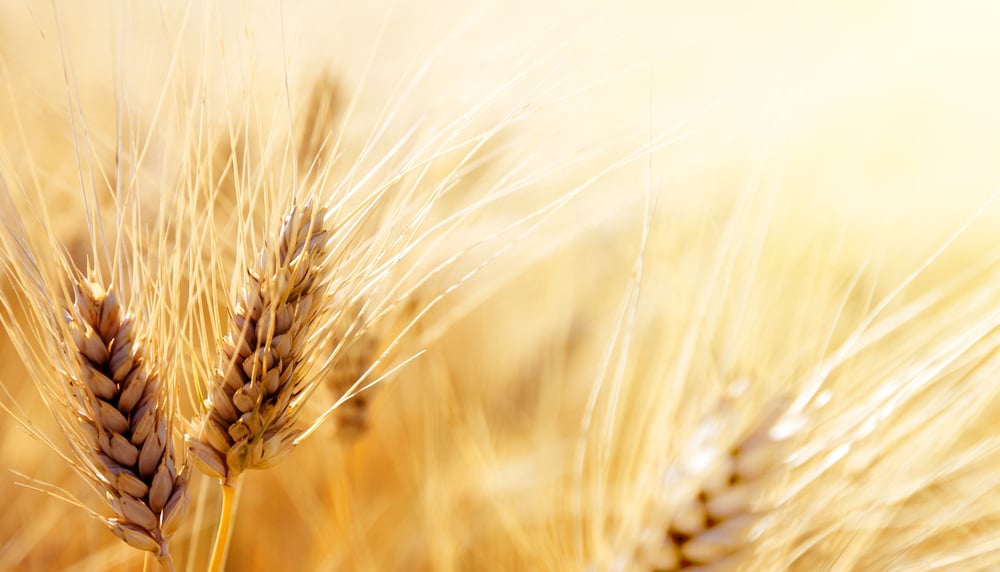The latest MARS Report presents debatable developments in key oilseeds (rapeseed and sunflower) and wheat yields. Notably, rapeseed and wheat yields have remained steady compared to the previous month's report, while sunflower seed yields have risen by 3%. The report has ignited discussions among market participants, mainly focusing on the optimistic tone surrounding yield forecasts, especially for rapeseed and wheat.
Within these market discussions, insights from industry players have come to light, revealing that rapeseed yields in France have declined by at least 0.5 metric tonnes per hectare compared to the prior year. If this trend extends across the broader European crop landscape, it could potentially trigger downward revisions and raise concerns about the overall quality of the European crop.
Furthermore, the optimistic yield projections have raised questions, especially considering specific regions in north-western, northern central, and northern Europe have experienced excess rainfall, notably in July and August. This surplus rain has led to delays in the harvesting process. While the soft wheat yield estimate indicates month-on-month stability, market participants harbour concerns about the possible deterioration of European milling wheat quality.
A Mintec source noted, "Wheat quality issues are widespread, and we anticipate a decline in yield in the upcoming months. For example, in France, reported quality is below par, with a noticeable decrease in milling wheat share. Germany has faced protein loss due to rain. Some traders are predicting a $30-40 increase in the difference between milling wheat and feed costs. Personally, I remain sceptical about such forecasts for now."
In Belgium, Luxembourg, and the Netherlands, delayed wheat and rapeseed harvesting under wet conditions has resulted in field losses and deteriorated grain and oilseed quality. As indicated by the MARS report, this situation has rendered many areas where wheat was harvested unsuitable for milling or other processing purposes. The MARS report acknowledges these delays and specifically mentions that accurately quantifying yield losses and grain quality requires numerous observations at a local level, which goes beyond the scope of the MARS Bulletin analysis. This situation strengthens the perspective that market players' concerns regarding potentially exaggerated yields for rapeseed and wheat in the current report could be well-founded. Additionally, the longer the commodities remain damp and unharvested, the higher the risk of sprouting and fungal proliferation. In extreme cases, this risk could render the crop unsuitable for further processing, whether it's milling, baking, or even fodder.

.png?width=145&height=54&name=Mintec_Logo_Small_Use_Mono_RGB%20(2).png)


















